Child-focused educational psychologist Dahiana Barzola Chavez tells us in this article what actions they use for educational inclusion and how they use NeuronUP in their center.
The Basic Education School EDUCA of the Salinas canton, Ecuador generates a flexible, open and inclusive program that considers the Universal Design for Learning in its educational processes for everyone, in order to address the diversity of the students in its classrooms with 24% of the schoolchildren being neurodivergent.
We have incorporated NeuronUP into our personalized neurorehabilitation processes; below we recount our positive experience.
The axes of inclusive action that we use in our personalized processes are the following:
Axis 1: Review with the multidisciplinary team of the psychopedagogical and neuropsychological evaluations provided externally by the parents to the educational institution.
Axis 2: Design of curricular adaptations for children with SEN (special educational needs) if necessary.
Axis 3: Work on the classroom social context so that children understand and make use of individual differences.
Axis 4: Train to achieve teacher commitment, so that the teacher promotes inclusive education.
Axis 5: Disseminate information about SEN with the aim of achieving acceptance in the educational community via the platform or social networks, in-person talks or via Zoom.
Axis 6: Therapeutic intervention within the school process: Children with diagnoses receive therapies during class hours in morning or afternoon sessions, schedules previously established and agreed with all those involved.
Use of NeuronUP for educational inclusion
Since the start of the coastal-region school term in Ecuador we incorporated into our neurorehabilitation planning the cognitive stimulation exercises from NeuronUP which are classified by intervention areas, and allow us to measure results automatically and easily the individual and personalized progress of students who are undergoing individual programs.
In a metric way we demonstrate the evolution of the basic learning skills or functions which, with a screenshot of the NeuronUP Score, is shared with the educational community involved in the learning rehabilitation process; via email or the institutional platform it is shared with parents, teachers and external therapists to the educational institution.
All these processes have the objective of recommending, providing feedback, stimulating, and enhancing mental functions with strategies for home and classroom, generating efficient, motivating processes using traditional didactic resources, including musical and voice neurostimulation.
Ordinary measures
Ordinary measures are the activities and methods of teaching, learning and assessment aimed at addressing diversity without modifying the prescriptive elements of the curriculum.
Within our educational setting, they include:
- Flexible scheduling of the school day and of virtual spaces to adapt them to different groupings.
- Organizational and methodological measures to adapt to different rhythms, motivations, interests (inquiry-based work strategies, cooperative learning, peer tutoring, banks of graded activities, varied selection of materials and resources, different groupings: individual, small and large group).
- Recovery activities, to enable students to recover areas not yet mastered in person at the institution.
- Support actions for students with different learning paces.
- Reinforcement activities: intended for students who can follow the course’s ordinary curriculum, but to do so need more individualized attention, both in curricular aspects and in learning strategies and virtual work guidelines.
- Coordination between the school and the family, during the therapy schedule established for this purpose.
Extraordinary measures
Extraordinary measures are required for some students and involve the organization of specific personal and material resources. These measures will be adopted when ordinary measures have been exhausted.
We consider that Telerehabilitation and NeuronUP provide us with accessibility advantages for:
- Children and their families who live in remote communities from the educational institution.
- Children who due to illness cannot leave their homes.
- Track progress through the NeuronUP Score.
Evaluations of the results of therapeutic intervention
Every four months follow-up reports are delivered in which we attach a screenshot of the progress generated by NeuronUP Score and include an assessment of neurodevelopment with the application of formal tests, and specific recommendations to achieve meaningful individual processes.
We share the report through retroNutrition with parents, the students’ teachers and other therapists involved in the individualized plan process focused on the individual intervention needs.
If you liked this article about educational inclusion and how to work on it with NeuronUP, you may also be interested in the following articles:
“This article has been translated. Link to the original article in Spanish:”
Qué es la inclusión educativa y cómo trabajarla con NeuronUP
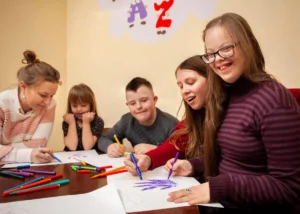
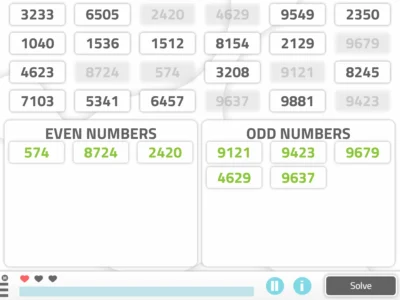
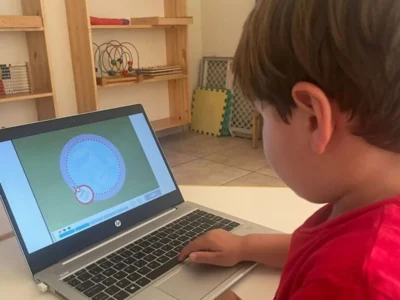
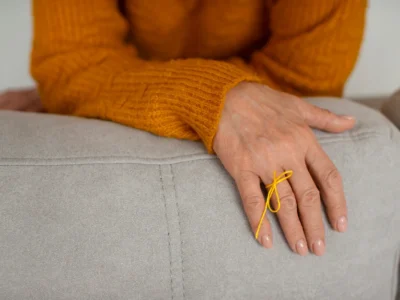


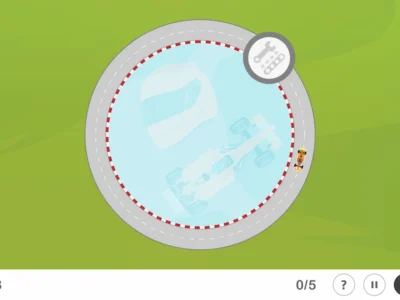
 Cognitive Stimulation in Children with Hydrocephalus
Cognitive Stimulation in Children with Hydrocephalus
Leave a Reply